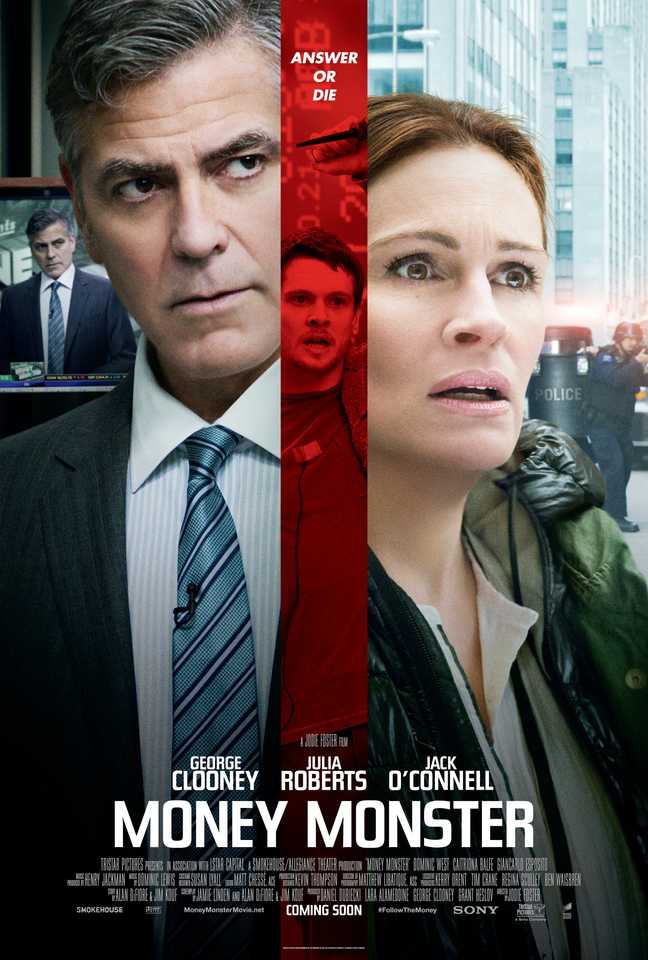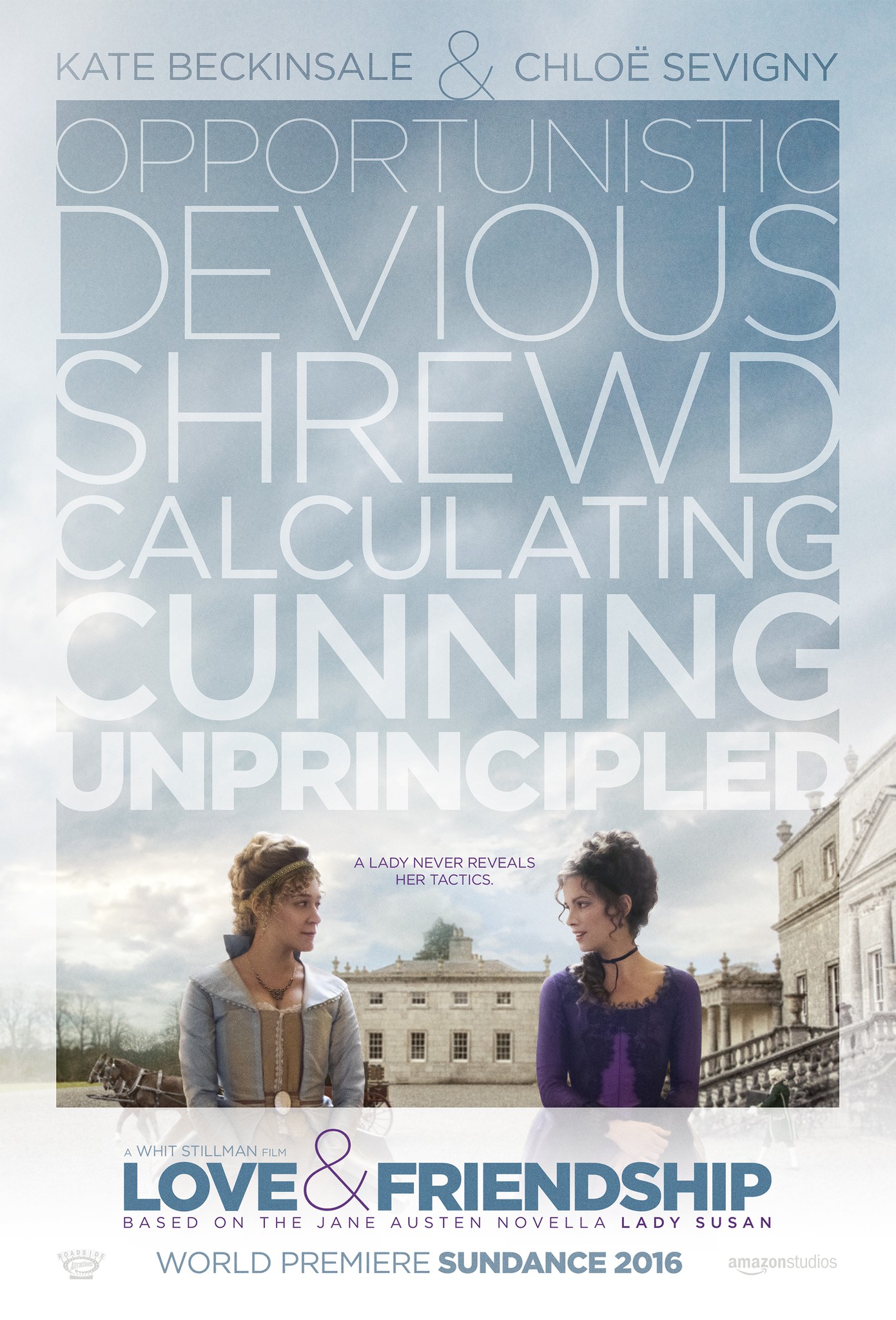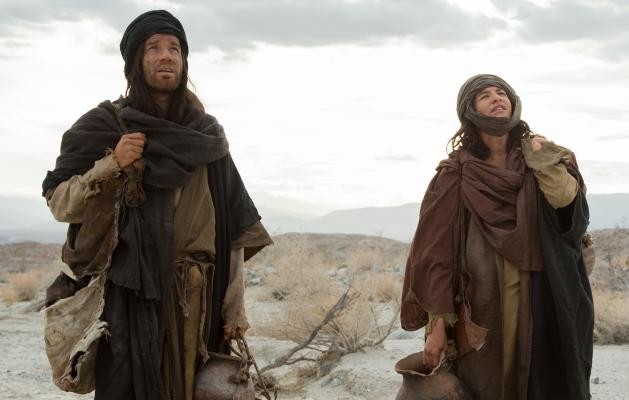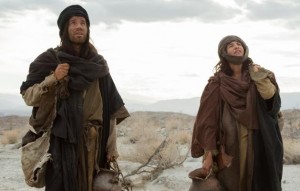Money Monster
Posted on May 12, 2016 at 5:58 pm

Director Jodie Foster, in her most ambitious project so far, shows an impressive command of the language of film and a discerning eye for the gulf between the way we like to think of ourselves and the way we are in “Money Monster,” which begins promisingly but then pulls its punches with a disappointingly conventional last 40 minutes. It aims for “The Big Short” plus “Dog Day Afternoon,” but comes up just ahead of “Man on the Ledge.”
George Clooney plays Lee Gates, the host of a Jim Cramer-style television show about investing that is more dazzle than reporting. He dances with back-up girls, he amplifies his commentary with movie clips and outrageous stunts. Every episode has a stock buy recommendation “of the millennium,” and on this night he has to announce that one of his previous favorites, IBIS, has suffered a precipitous drop in the stock price due to a “glitch in its algorithm.” IBIS is one of those buzzword-y Wall Street darlings that no one really understands, but it has to do with a fully automated system for “high-frequency trading.”
Gates, a long-time enthusiast of the company, has invited the IBIS CEO (Dominic West as Walt Camby) to be a guest on the show, but the company’s director of communications, Diane Lester (Caitriona Balfe) is appearing instead, explaining that Camby is on an airplane and cannot be reached. Before her segment, though, a man named Kyle (Jack O’Connell of “Unbroken”) walks onto the set. He has a gun, and he takes Gates hostage, forcing him to wear a vest packed with explosives. He invested everything he had in IBIS, based on Gates’ glib assurances.
In the booth, speaking to Gates via earpiece, is his producer, Patty Fenn (Julia Roberts). As a producer, she is used to being the only grown-up in the room (and a little tired of having to be one). She quickly evaluates the situation and keeps things going moment to moment while she tries to figure out a way for the situation to end without anyone being hurt.
Foster skillfully takes us from the intensity of the hostage standoff on live television to show us what is going on with the police led by Captain Powell (Giancarlo Esposito), trying to find out more about the man with the gun and evaluating potential strategies for disarming him, and to the efforts to track down Camby both by Patty’s staff and by IBIS insiders. A couple of unexpected twists and some well-timed comic relief help hold our interest. And Clooney gives one of his most nuanced performances as a man who has spent a lot of time and burned a lot of bridges trying not to think too hard about the impact he has had on people. As both he and Patty use the skills that made them successful in the world of infotainment — and a few new skills, too — the natural chemistry between Clooney and Roberts and their combined star power keep the tension level high. But Kyle and Camby are under-written and the last 20 minutes are a disappointment with a resolution that is too easy and too Hollywood. We know who the monster is, here and we wish the movie knew it, too.
Parents should know that this film includes constant strong language, violence including gun, bomb, characters injured and killed, betrayal and illegal behavior, and sexual humor and situations, and drug use.
Family discussion: What makes Lee change his mind about Kyle? Would you take investing advice from Lee? What does it mean to say “we don’t do journalism?”
If you like this, try: “Dog Day Afternoon,” “John Q,” and “The Big Short”





